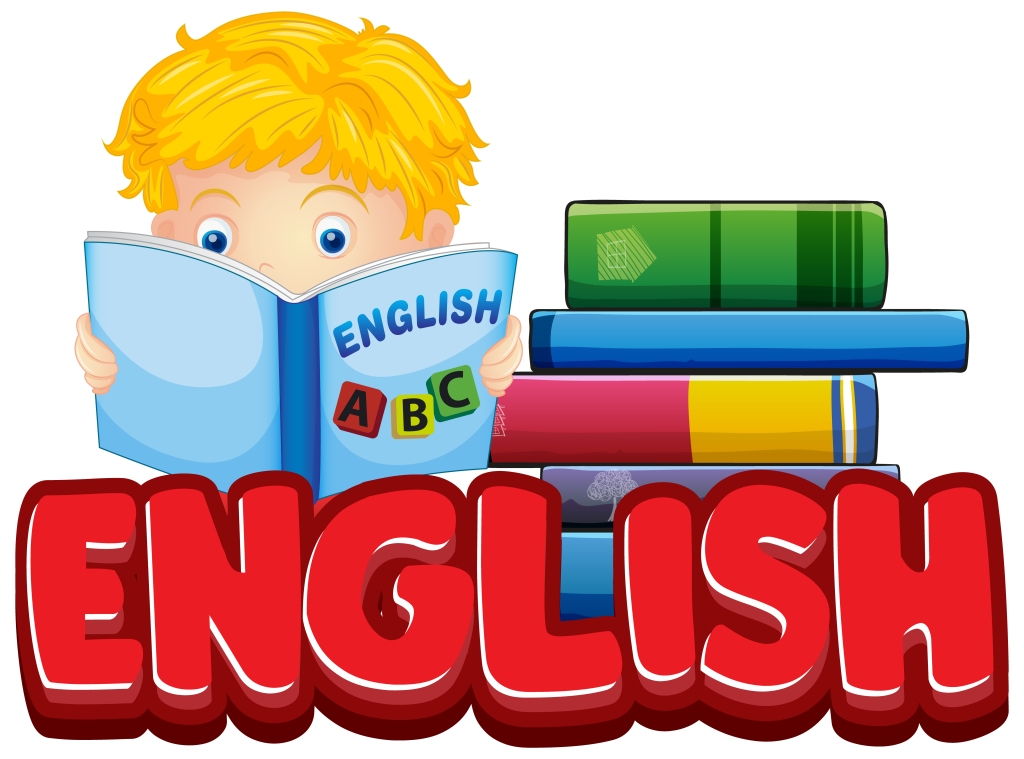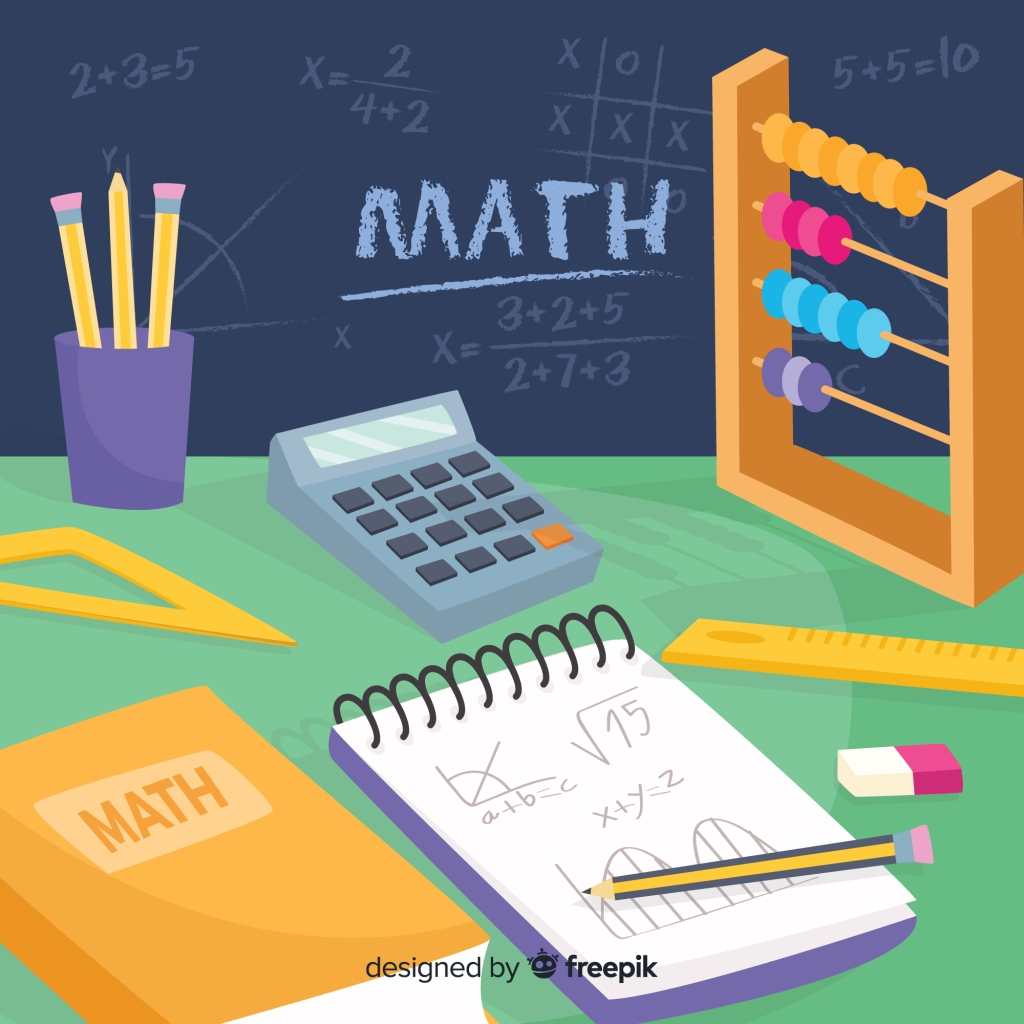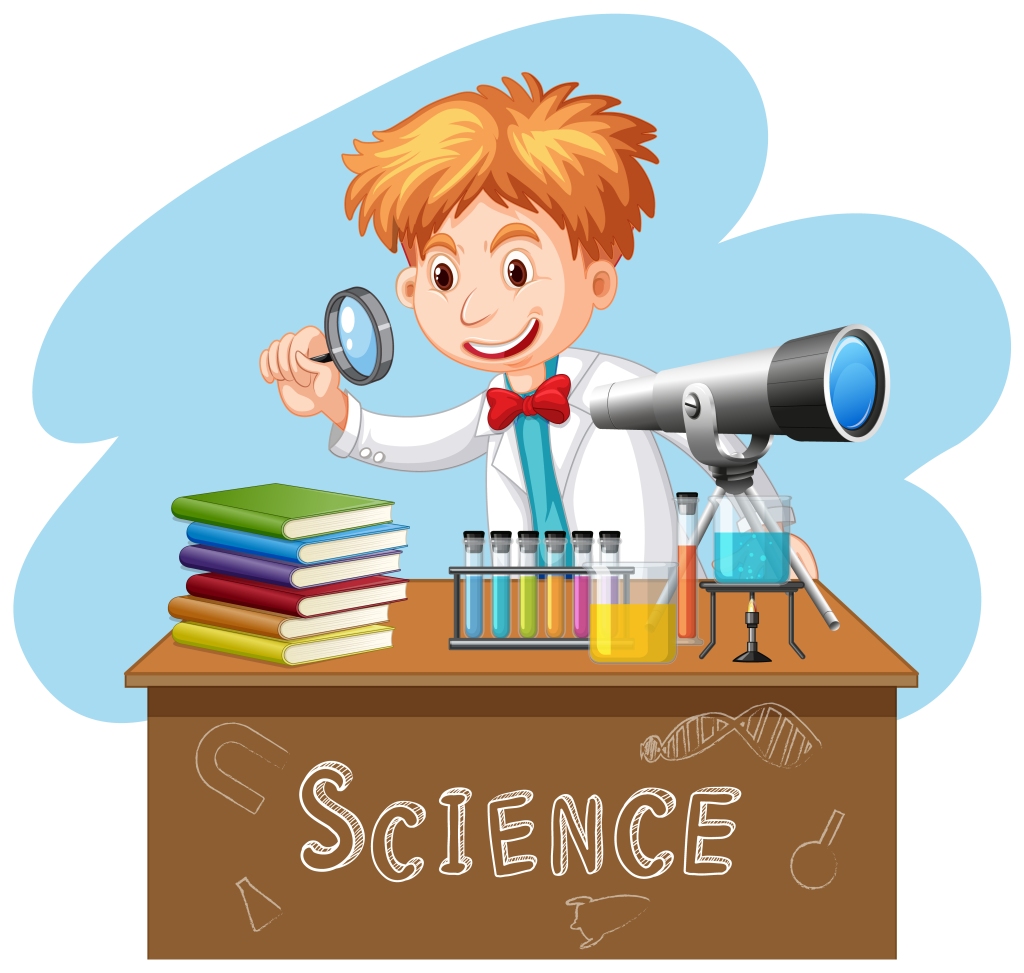Did you face such a question before?
Why should I study all these subjects if I want to be a photographer or a football player?
Why should I study Math if I want to be a doctor?
Why should I study biology if I want to be an engineer?
Why should we learn and study? Why should we go to school?
Going to school is not just about getting good grades or advancing to the next level. It is a process of discovering life, understanding yourself, and recognizing your place in the world. By comprehending all these aspects, you can manage your life among other beings and the environment, ultimately leading to happiness.
In every subject, we learn valuable lessons that can benefit us in multiple aspects of our lives.
- Facts are objective, verifiable information proven to be true.
- Concepts: is the correct application of the facts and how we use these facts in our lives to make benefits.
For example, if we know that Allah is our creator, he is the provider and he orders us to do the things useful for us and forbids us from doing things that are harmful to us, so we will declare our belief in Him and obey His orders.
We need to understand the facts and concepts of our environment(All subjects) to be able to take correct decisions. Correct decisions will spare time, effort and regret.
Facts and concepts form the foundation of understanding in any field. They provide the framework upon which you can build higher-level ideas and insights. Without this foundation, it can be difficult to grasp higher-level concepts or engage in meaningful discussions.
- Critical Thinking: Knowing facts and concepts allows you to think critically. You can analyze, and evaluate any idea offered to you and judge whether to accept or refuse it. You can give your opinion with reasoned conclusions. This skill is crucial in problem-solving and decision-making.
- Communication: When you know facts and concepts, you can communicate more effectively. You can express your thoughts clearly and accurately, and you can understand and respond to others’ ideas more intelligently.
- Creativity and Innovation: While creativity involves thinking outside the box, it’s often based on a deep understanding of existing knowledge. Knowing the facts and concepts in a particular domain can help you identify gaps, make connections, and generate novel ideas.
- Learning Efficiency: Having a solid foundation of facts and concepts can make it easier and faster to learn new information. You can relate new information to what you already know, which aids in memory retention and comprehension.
- Empowerment: Knowledge is empowering. It gives you the tools to navigate the world, make informed decisions, and participate in society. It will enhance your self-confidence.
- Adaptability: In a rapidly changing world, the ability to learn and understand new information quickly is crucial. Having a strong base of facts and concepts can help you adapt to new situations and technologies.
- Career Advancement: In many fields, having a solid knowledge base is a prerequisite for career advancement. It allows you to take on more complex tasks and responsibilities.
- Cultural and Global Understanding: Understanding facts and concepts about different cultures, histories, and societies fosters empathy, tolerance, and a broader perspective on the world.
- Personal Growth and Fulfillment: Learning is a fundamental aspect of personal growth. It can lead to a sense of accomplishment, satisfaction, and a deeper appreciation for the complexities of the world.
In the following paragraphs, we will learn more about the importance of learning different subjects.
Why do we study languages?
It is proven that the vocabulary you learn limits your thoughts and not the opposite. The level of vocabulary you are using will be the cloth you are tailoring your ideas from. Minimal language abilities will limit your ideas, stop your creation, and narrow the spectrum of solutions, you can get.
International languages help to be connected to the whole world. You can reach the most recent facts known ever. In different cultures, you can reach the core of life when you get open to other populations, writers, artists, and scientists as well.

Language Arts and how it can affect all your life aspects:
- Writing Skills: will enable you to write effective emails, letters, and resumes. Practice creative writing for personal expression or storytelling.
- Reading Comprehension: Analyze news articles, contracts, and instructions to make informed decisions.
- Communication Skills: Strong writing and verbal communication skills are essential for effective communication in personal and professional relationships.
- Critical Reading and Analysis: English education teaches how to critically evaluate information, making individuals more discerning consumers of media and information.
- Creative Expression: Writing, literature, and art allow for personal expression and offer tools for processing and articulating complex thoughts and emotions.
- Career Advancement: Proficiency in English is often a requirement for higher education and many professional careers, opening up more opportunities for personal and financial growth.
Why do we study math?
Math is the science of real life. It almost controls the whole world today. You need Math in every activity
Mathematics is not just about calculations; it involves transforming real-world problems into mathematical formulations, computing them, and then translating the results back into real-world solutions. By Math you can:
- make a perfect password, no one can break
- How much can you compress a photo video or music before you notice?
- By how many levels of friends are we separated on Facebook.
You will need Math in every life activity, for example:

- Cooking and Baking: Use measurements and fractions in recipes, understand temperature conversions, and adjust serving sizes.
- Budgeting: Manage income, expenses, and savings, calculate discounts, and plan for future purchases.
- Technical jobs that drive our economy.
- A doctor calculates drug doses, expected birth date, and rates that are normal or not like blood pressure and heart rates ….
- Math actually serves for the quantitation of everything in life:
Am I fat? Is my child’s growth normal?
Is my spare money enough for a trip?…etc. - Math teaches us logical thinking: Understanding and collecting data about the situation (the problem). Posing the right question.
Turning it into an equation. the calculation result is a solution for that situation. This plan programs our brain to be able to deal with all life situations. - Financial Literacy: Understanding math is crucial for managing personal finances, including budgeting, saving, investing, and calculating interest rates.
- Career Opportunities: Many high-paying careers, such as engineering, computer science, and data analysis, require strong math skills.
- Problem Solving: Math teaches critical thinking and problem-solving skills, which are essential in various aspects of life, from troubleshooting household issues to making informed decisions.
- Measurements and Conversions: Knowing math helps in everyday activities like DIY projects, home renovation, and understanding units of measurement.
Why do we study science?
- Science teaches me the laws of how the universe goes?
- How to maintain it?
- How to master it and make it serve humanity?
- How to make the best use of it and how magnify these benefits?
- How to know your body and keep healthy and fit?
- How to save energy and create cheap resources?
- Pass the surface, dive in the depth, and realize how really things go.

- Nutrition and Health: Understand the nutritional content of food, make healthy choices, and learn about the impact of different diets on the body.
- Environmental Awareness: Explore ways to reduce waste, conserve energy, and understand the effects of pollution on the environment. It empowers individuals to make sustainable choices in their daily lives.
- Critical Thinking and Inquiry: Learning about the scientific method and how to conduct experiments fosters critical thinking skills applicable to evaluating information in everyday life.
- Health and Wellness: Understanding basic biology and anatomy helps in making informed decisions about personal health, nutrition, and well-being.
- Innovation and Technology: Science knowledge drives technological advancements that shape our modern world and influence the way we live, work, and communicate.
Why do we study history?
- It is a window to the past.
- In order to comprehend the present, it is essential to understand the past. The past is presented and revealed through unfolding events.
- It trains us to search and see multiple perspectives and interpretations.
- Analyzing history enhances your critical thinking skills.
- It trains us to gather evidence and find patterns and trends. It will affect our future.
- You can apply information from the past to analyze and solve problems in the present.
- It gives you a better understanding of other people and cultures.
- It challenges us to think outside the box and to be creative.

Besides it is fun.
- Physical Education:
- Fitness and Well-being: Develop exercise routines for physical fitness, learn about the benefits of a healthy lifestyle, and practice stress-reducing techniques.
- Art:
- Design and Aesthetics: Apply principles of design in home décor, fashion, or personal style. Create artwork for personal expression and decoration.
- Music:
- Emotional Expression: Use music to express feelings and emotions, and explore the therapeutic benefits of music.
- Technology and Computer Science:
Digital Literacy: Understand online safety, privacy, and security. Learn practical skills for using technology effectively in daily life. You will need it for your personal life or any career you may choose. - Technical Education (CTE):
Skills Development: Acquire practical skills such as woodworking, cooking, sewing, or automotive maintenance that can be used in everyday life.

Like muscles, the brain develops with training and weakens with disuse. Studying only at exam time is like asking a slim person to lift heavy weights.
- All sciences are complementary. Losing one can cause imbalance, creating weakness and leading to failure.
- Different branches of science are like keys on a keyboard; without one, typing is impossible.
- Balanced brain growth by learning all basic sciences is the key to unlocking success.
- It’s important to keep in mind that if you’re under 18 years old, there’s a high likelihood that your career preferences may change over time. To help you choose the right higher education path, it’s recommended that you learn the basics of all sciences. By doing so, you’ll be well-equipped to shift seamlessly between different career paths without incurring significant losses. This will help you be prepared for any career direction that you may choose to pursue.

